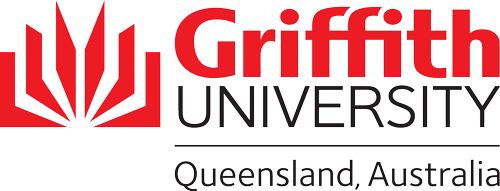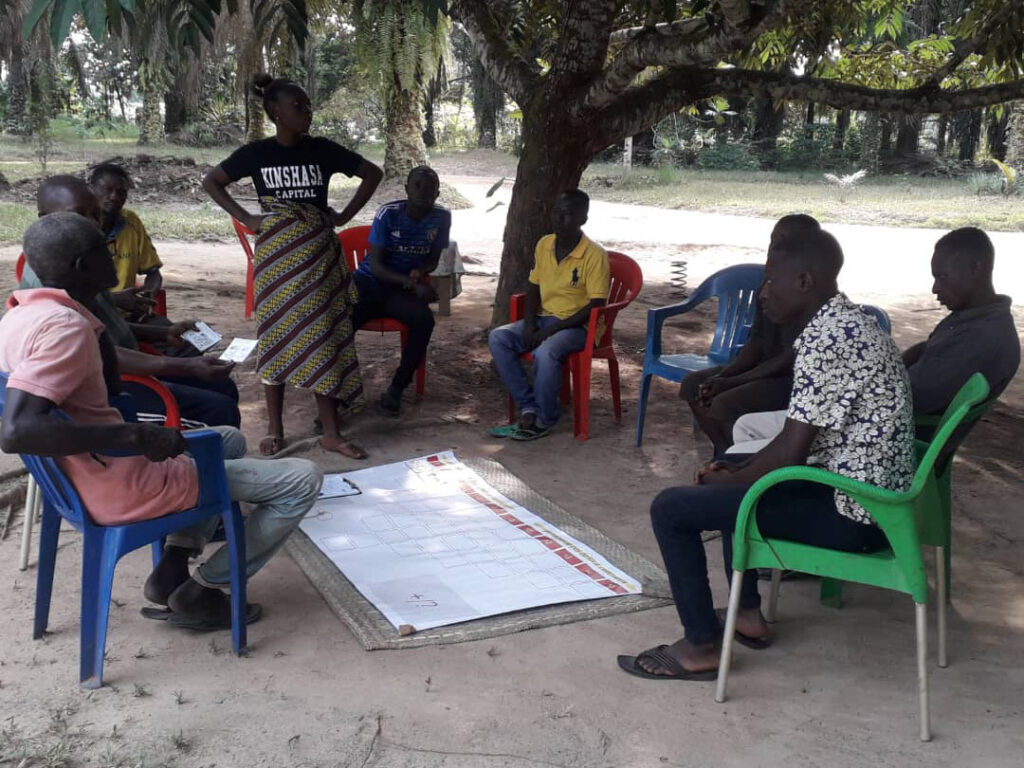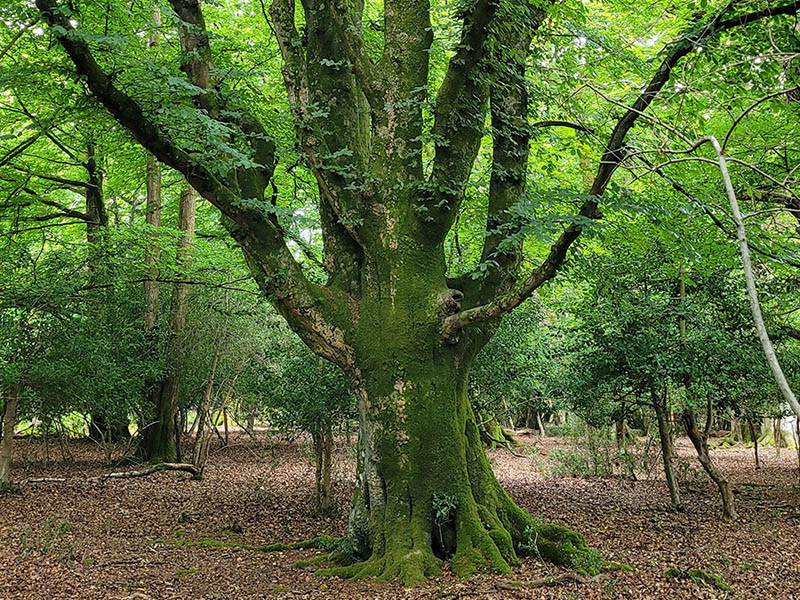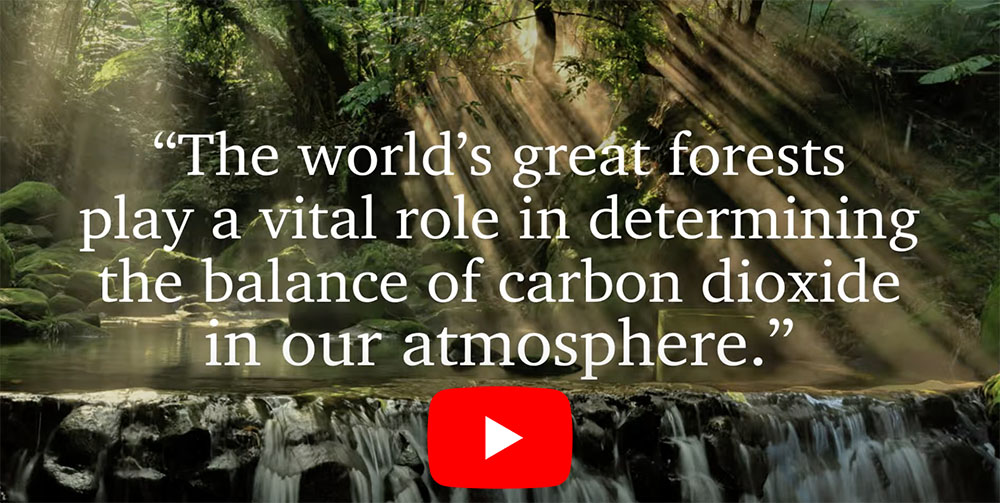Andrew has experience in field research design, execution and analysis, and consulting – specialising in social benefit cost and policy analysis. I also teaching experience at under-graduate and Masters level students.
Currently, he is deployed as a research environmental economist on two global, multi-disciplinary projects: Pacific EcoAdapt, which is a five year project engaged in the identifying and valuing appropriate ecosystem-based adaptions to climate change, mainly focussed on Vanuatu; and a global primary forests preservation project, which has a focus on researching community livelihoods and addressing gaps in forest protection, with case studies in the Democratic Republic of Congo, and Melanesia.
In the past, Andrew have contributed to a project that revealed cane farmers’ attitudes towards innovative market approaches, such as water quality credits, and willingness to accept compensation for changes in land-use and farming practice in GBR catchments and to the Coastal Hazard Adaptation Strategy for Whitsunday Regional Council.







